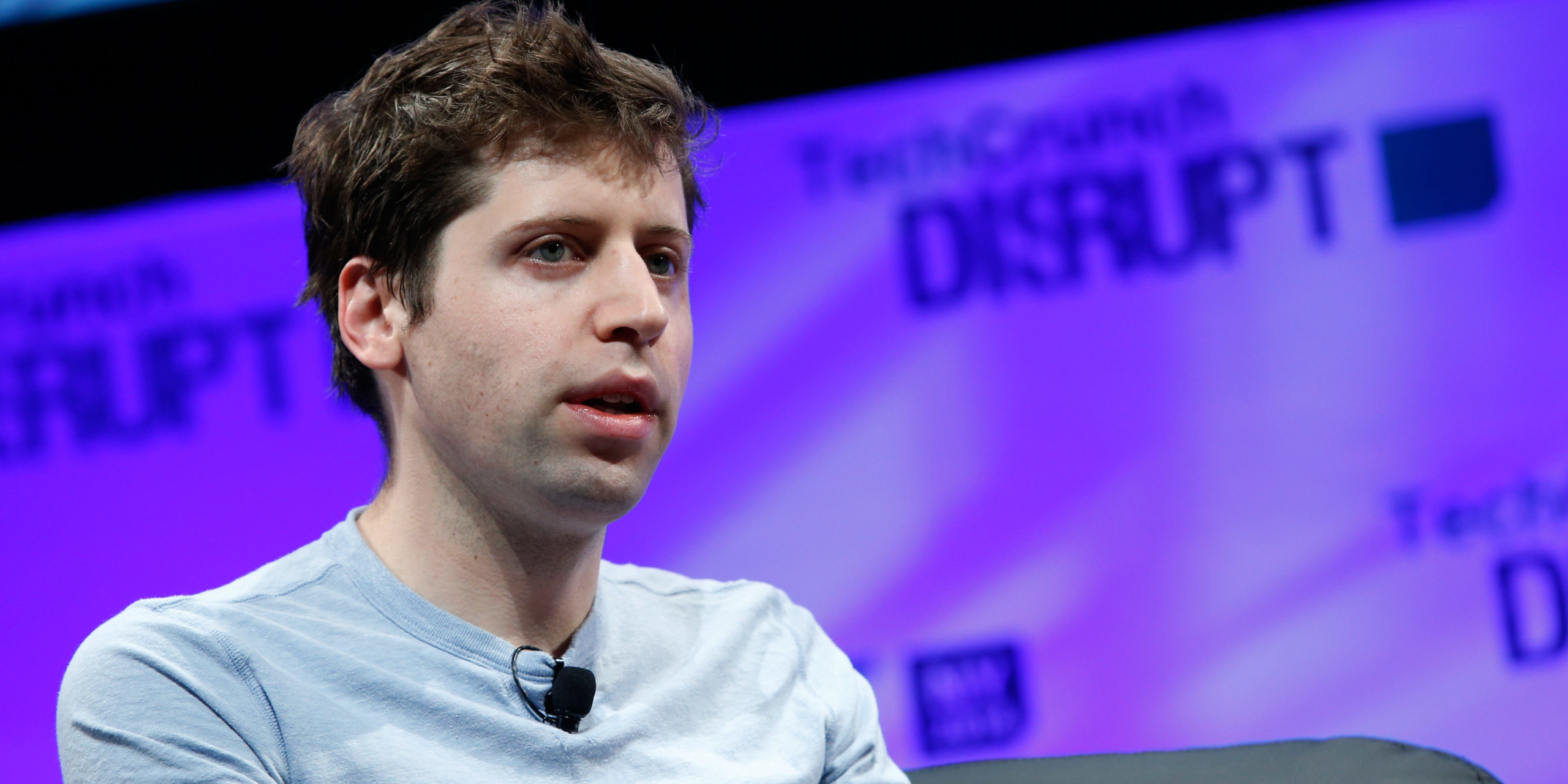
The CEO of the company behind AI chatbot ChatGPT says the worst-case scenario for artificial intelligence is ‘lights out for all of us’
Brian Ach/Getty Images for TechCrunch
- Chances are, you’ve heard of ChatGPT, the viral AI chatbot sweeping the internet.
- Some people have used it to outsource some tedious tasks, but there is also concern that ChatGPT can be used for scamming or spreading misinformation.
- Sam Altman, CEO of OpenAI, which made ChatGPT, thinks the best-case scenario for artificial intelligence is “unbelievably good” but fears the worst case is “lights out for all of us.”
ChatGPT has been making the rounds online, and as with any type of artificial intelligence, it’s raising questions about its possible benefits — but also possible abuses of the AI chatbot.
In a recent interview, Sam Altman, the CEO of OpenAI, which is the company behind ChatGPT, offered his take on the possible pros and cons of artificial intelligence.
During a recent interview with StrictlyVC’s Connie Loizos, Altman was asked what he views as the best and worst case scenarios for AI.
As for the best, he said, “I think the best case is so unbelievably good that it’s hard for me to even imagine…I can sort of imagine what it’s like when we have just like unbelievable abundance and systems that can help us resolve deadlocks and improve all aspects of reality and let us all live our best lives. But I can’t quite. I think the good case is just so unbelievably good that you sound like a really crazy person to start talking about it.”
His thoughts on the worst case scenario, though, were pretty bleak.
“The bad case — and I think this is important to say — is like lights out for all of us,” Altman said. “I’m more worried about an accidental misuse case in the short term…So I think it’s like impossible to overstate the importance of AI safety and alignment work. I would like to see much, much more happening.”
Experts have warned that ChatGPT could be abused for purposes like carrying out scams, conducting cyberattacks, spreading misinformation, and enabling plagiarism.
In the StrictlyVC interview, Altman pushed back on the concern of plagiarism, saying, “We adapted to calculators and changed what we tested for in math class, I imagine. This is a more extreme version of that, no doubt, but also the benefits of it are more extreme, as well.”
This content was originally published here.


